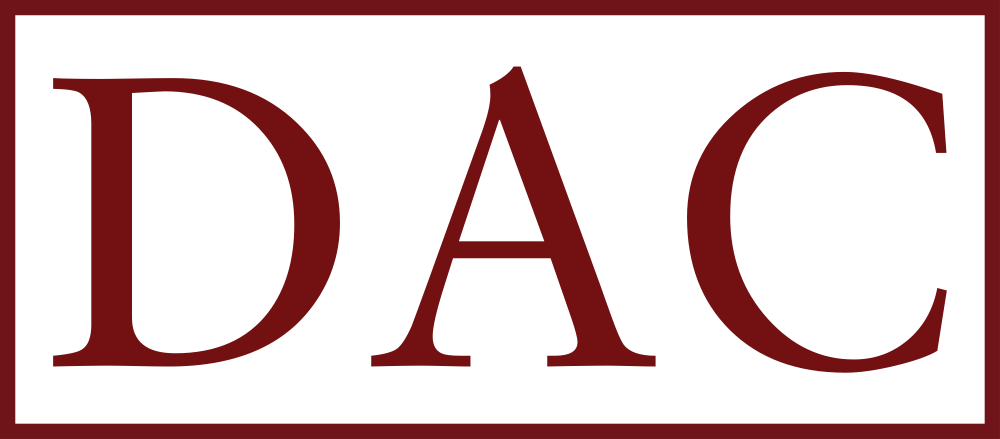A Hong Kong hedge fund, betting that last year’s bank lending spree on the mainland will result in thousands of businesses failing to repay loans, is raising US$500 million to snap up China’s corporate carrion cheap.
It is the biggest fund-raising embarked on by DAC Management, which is understood to be the largest foreign buyer of mainland non-performing loans.
DAC managing director Phil Groves said mainland banks could get choked with bad debts after lending a record 9.6 trillion yuan (HK$10.92 trillion) last year.
His fund, which manages US$400 million worth of assets, has bought more than 45,000 soured loans from mainland lenders since 2001.
DAC attempts to restructure defaulting borrowers and return them to health, or seizes assets from those which do not repay their loans.
‘We can better harvest cash from troubled situations than current [debt] holders who have bigger and better things to deal with,’ Groves said. ‘We are trying to buy a dollar for less than a dollar.’
Jack Rodman, a Beijing-based real estate and non-performing loans specialist and president of Global Distressed Solutions, also forecasts opportunities for buyers of bad loans in the mainland property sector.
He believes the large number of empty shopping centres on the mainland signals that many commercial property developers are not making money and have relied on cheap and easy credit for survival.
‘In November 2008, many real estate companies were facing default on their assets and were ‘bailed out’ by the massive surge in lending which allowed distressed developers to ‘roll over’ their loans that were high potential non-performing loan candidates,’ Rodman said.
Groves said if the government ordered state banks to crimp their lending, DAC could also extend credit to healthy mainland firms.
DAC owns 2,000 debts issued by firms ranging from coal mines to troubled Sino-foreign joint ventures and is one of a few active investors in a very quiet market.
Foreign banks and hedge funds were enthusiastic about buying mainland bad loans at the turn of the century, forecasting that China’s burgeoning economic growth meant delinquent borrowers’ businesses would recover.
From 1999, Beijing transferred billions of dollars worth of bad debts off the balance sheets of state-owned banks in preparation for them going public in Hong Kong and Shanghai.
These soured loans went to four government-backed asset management companies, which were meant to resell the debts to outside investors, but they became hamstrung by political concerns about giving assets to foreigners too cheaply. Distressed debt specialists say the four asset managers are not active sellers.

